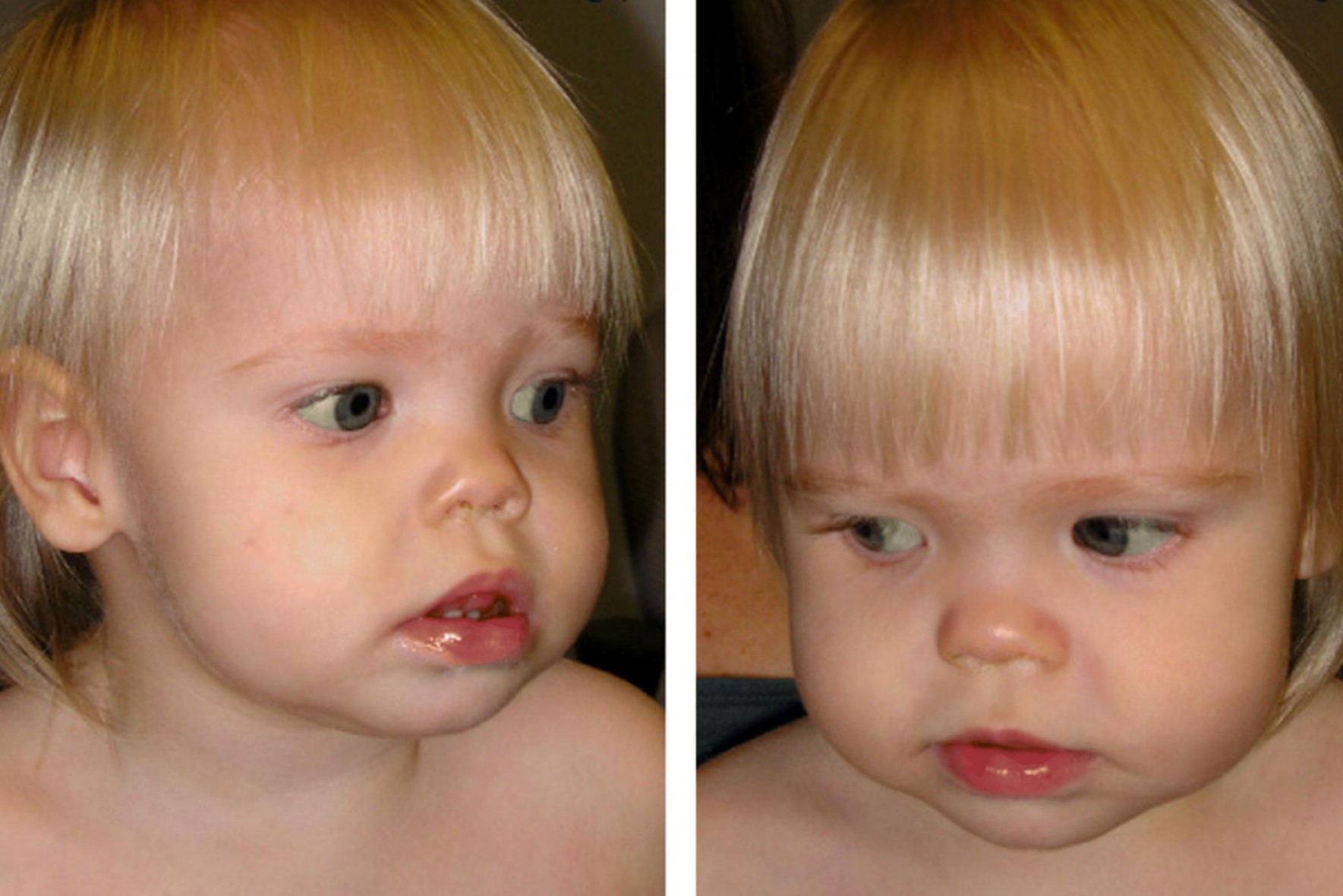
9q34 Deletion Syndrome is a rare genetic disorder caused by the deletion of a small piece of chromosome 9. This condition can lead to various physical, developmental, and intellectual challenges. Symptoms often include distinctive facial features, heart defects, and developmental delays. Early diagnosis and intervention are crucial for managing the condition and improving quality of life. Genetic testing can confirm the diagnosis, helping families understand the cause of their child's symptoms. Supportive therapies such as speech, occupational, and physical therapy play a significant role in aiding development. Awareness and understanding of 9q34 Deletion Syndrome can help affected individuals and their families navigate the challenges they face.
Key Takeaways:
- 9q34 Deletion Syndrome is a rare genetic disorder causing developmental delays, distinct physical traits, and health complications. Early intervention and family support are crucial for managing the challenges of this condition.
- Genetic testing and early intervention play a key role in diagnosing and managing 9q34 Deletion Syndrome. Tailored educational programs and support groups help individuals and families navigate the unique challenges of this condition.
What is 9q34 Deletion Syndrome?
9q34 Deletion Syndrome is a rare genetic disorder caused by a missing piece of chromosome 9. This condition can lead to various physical, developmental, and intellectual challenges. Here are some intriguing facts about this syndrome.
-
Chromosomal Deletion: The syndrome occurs due to the deletion of a small segment on the long arm (q) of chromosome 9 at position 34. This missing genetic material affects the body's development and function.
-
Rare Condition: It's an extremely rare disorder. Only a few hundred cases have been documented worldwide, making it a subject of ongoing research.
-
Developmental Delays: Children with 9q34 Deletion Syndrome often experience developmental delays. These can include late milestones in sitting, walking, and talking.
Physical Characteristics
Individuals with 9q34 Deletion Syndrome may exhibit distinct physical traits. These characteristics can vary widely among those affected.
-
Facial Features: Common facial features include a broad forehead, wide-set eyes, and a flat nasal bridge. These traits can help in early diagnosis.
-
Growth Issues: Many affected individuals have growth problems, such as short stature or failure to thrive during infancy.
-
Hypotonia: Low muscle tone, or hypotonia, is frequently observed. This can affect motor skills and overall physical strength.
Health Complications
The syndrome can lead to various health issues, some of which require ongoing medical attention.
-
Heart Defects: Congenital heart defects are common. Regular cardiac check-ups are essential for managing these conditions.
-
Seizures: Many individuals experience seizures. These can range from mild to severe and often require medication for control.
-
Feeding Difficulties: Infants may have trouble feeding due to weak muscles or coordination issues, necessitating special feeding techniques or nutritional support.
Cognitive and Behavioral Aspects
The syndrome also impacts cognitive and behavioral development, leading to unique challenges.
-
Intellectual Disability: Most individuals have some degree of intellectual disability, which can affect learning and daily functioning.
-
Speech Delays: Speech and language development is often delayed. Speech therapy can be beneficial in improving communication skills.
-
Behavioral Issues: Some may exhibit behavioral problems, such as hyperactivity, anxiety, or autistic-like behaviors. Early intervention can help manage these challenges.
Genetic Testing and Diagnosis
Diagnosis of 9q34 Deletion Syndrome involves genetic testing and a thorough clinical evaluation.
-
Chromosomal Microarray: This test can detect the specific deletion on chromosome 9, confirming the diagnosis.
-
Prenatal Testing: In some cases, prenatal testing can identify the deletion before birth, allowing for early planning and intervention.
Support and Management
Managing 9q34 Deletion Syndrome requires a multidisciplinary approach involving various healthcare professionals.
-
Early Intervention: Early intervention programs, including physical, occupational, and speech therapy, can significantly improve outcomes.
-
Special Education: Tailored educational programs help address the unique learning needs of affected children, promoting their development and independence.
-
Family Support: Support groups and counseling can provide emotional and practical assistance to families, helping them navigate the challenges of the syndrome.
Final Thoughts on 9q34 Deletion Syndrome
Understanding 9q34 Deletion Syndrome helps in recognizing its impact on individuals and their families. This rare genetic disorder can lead to various challenges, including developmental delays, intellectual disabilities, and physical abnormalities. Early diagnosis and intervention are crucial for improving the quality of life for those affected.
Support from healthcare professionals, educators, and support groups can make a significant difference. Awareness and research are key to finding better treatments and support systems. By staying informed and advocating for those with 9q34 Deletion Syndrome, we can contribute to a more inclusive and supportive community.
Remember, every bit of knowledge and support counts in making a positive impact on the lives of those affected by this condition. Let's continue to learn, support, and advocate for a brighter future for everyone touched by 9q34 Deletion Syndrome.
Frequently Asked Questions
Was this page helpful?
Our commitment to delivering trustworthy and engaging content is at the heart of what we do. Each fact on our site is contributed by real users like you, bringing a wealth of diverse insights and information. To ensure the highest standards of accuracy and reliability, our dedicated editors meticulously review each submission. This process guarantees that the facts we share are not only fascinating but also credible. Trust in our commitment to quality and authenticity as you explore and learn with us.
